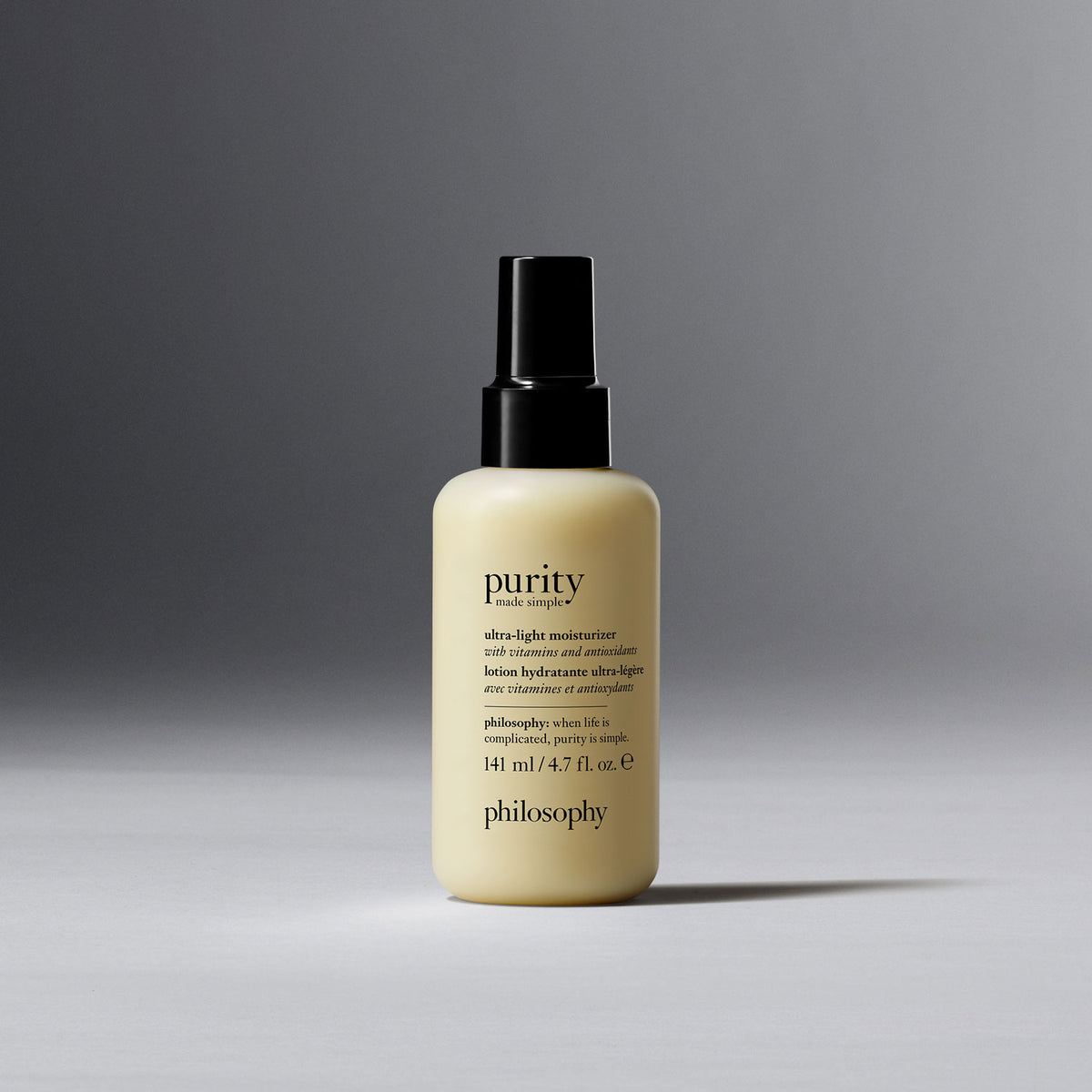Pulse of Information
Stay updated with the latest news and insights.
Moisturizer Mysteries Unveiled
Unlock the secrets of hydration! Discover the truth behind moisturizers and find the perfect product for your skin's needs.
The Science Behind Hydration: How Moisturizers Really Work
Understanding the science behind hydration is essential for selecting the right moisturizer for your skin type. At a fundamental level, moisturizers function by creating a barrier on the skin's surface to prevent moisture loss. This barrier is often formulated with ingredients like glycerin and hyaluronic acid, which not only attract water molecules but also help to lock in moisture. The skin naturally loses hydration throughout the day due to environmental factors, making it crucial to replenish that moisture to maintain a healthy, glowing complexion.
Moreover, the effectiveness of a moisturizer is also influenced by its ability to penetrate the skin layers. Different types of moisturizers can be categorized into occlusives, humectants, and emollients. Occlusives, such as petrolatum or shea butter, create a shield over the skin, while humectants draw water from the environment into the skin. Emollients, on the other hand, smooth out rough skin by filling in the gaps between skin cells. Understanding these roles allows consumers to make informed choices about their skincare products, ensuring optimal hydration and skin health.

Top 5 Ingredients to Look for in Your Moisturizer
When selecting a moisturizer, it is essential to understand the key ingredients that provide effective hydration and nourishment for your skin. Here are the top 5 ingredients to look for in your moisturizer:
- Hyaluronic Acid - Known for its incredible ability to hold moisture, hyaluronic acid can help keep your skin plump and hydrated.
- Glycerin - A powerful humectant, glycerin draws water into the skin, making it a vital component for maintaining optimal hydration levels.
- Shea Butter - This natural emollient not only hydrates but also creates a protective barrier, helping to lock in moisture and leaving your skin feeling soft and smooth.
- Aloe Vera - Renowned for its soothing properties, aloe vera gets absorbed quickly and provides hydration, especially for sensitive or irritated skin.
- Niacinamide - Also known as vitamin B3, niacinamide enhances the skin’s barrier function, improves moisture retention, and aids in evening out skin tone.
When choosing a moisturizer, it's crucial to look for products that contain these top ingredients, as they collectively enhance your skincare routine and ensure your skin stays healthy and radiant. Always check the label and consider your skin type and concerns to find the most suitable formulation. A well-chosen moisturizer can make a significant difference in how your skin feels and looks, ultimately leading to a more vibrant complexion.
Moisturizer Myths: Debunking Common Misconceptions
Moisturizers are an essential part of any skincare routine, yet there are numerous myths surrounding their use. One common misconception is that oily skin doesn't need moisturizing. In reality, even oily skin can lack hydration. When the skin is dry, it may produce more oil as a defense mechanism, leading to a cycle of overproduction. It’s crucial to choose a lightweight, oil-free moisturizer that hydrates without clogging pores.
Another prevalent myth is that you only need to moisturize your skin in winter. Many believe that summer humidity makes it unnecessary. However, the truth is that moisturizer is vital year-round, regardless of the weather. Exposure to sun, air conditioning, and chlorinated pools can all strip moisture from the skin. To maintain healthy skin, it's advisable to apply a moisturizer daily, choosing formulas that suit your season and skin type.